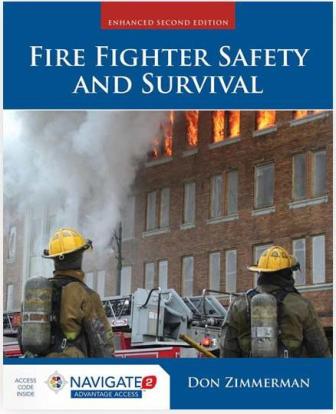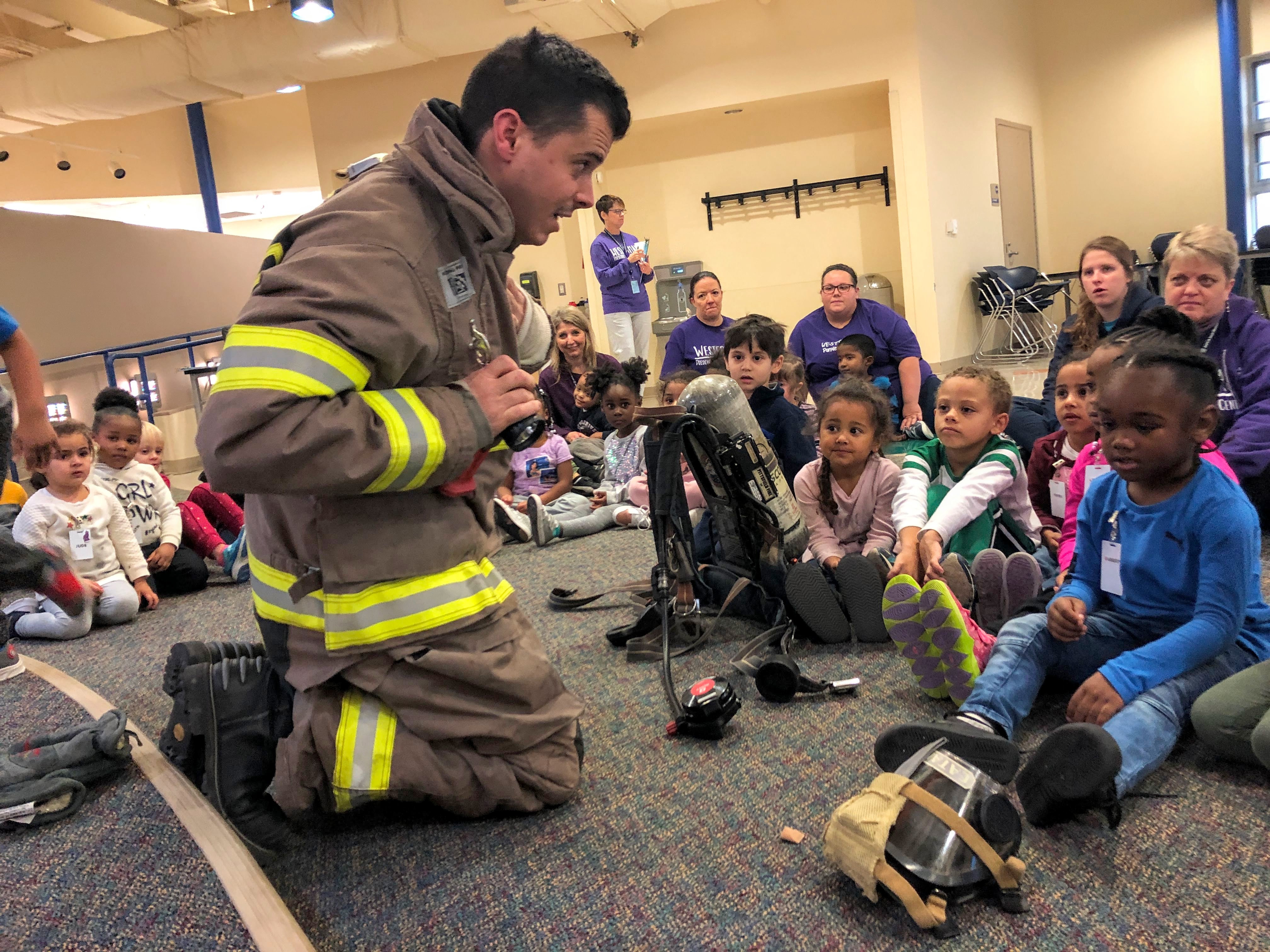

Firefighters may work for 24 hours with 48-72 hours off duty. Most firefighters work lengthy shifts with time off in between, though overtime is common because emergencies happen at all times of the day and night. Training takes place when implementing new standards or regulations so firefighters can operate with the most current protocols available.
#Firefighting learning on the job how to
They learn advanced first aid, firefighting techniques and how to maintain and manage the equipment they operate. Constant trainingįirefighters undergo extensive and constant training throughout their careers.

Here are five cons that may accompany a firefighter's job: 1. While firefighting is a dynamic, important profession, there can be drawbacks. Related: How To Write a Firefighter Resume The cons of being a firefighterįirefighting comes with risks to personal safety. Other soft skills firefighters may develop include: Besides life-saving and injury prevention skills, firefighters hone soft skills like teamwork. Working as a firefighter builds transferable skills that can apply to most other careers. Firefighters not only extinguish fires but also respond to vehicle accidents, chemical accidents, injuries and other situations that call for trained emergency first responders. Enjoy job securityĪlthough building codes have changed to implement fire-safety features and precautions, firefighters will always be in need to respond to emergencies. When they are not on a call, firefighters monitor equipment for integrity and perform regular maintenance. They frequently drive large fire trucks and operate pumps and other fire extinguishing equipment. Operate powerful equipmentįirefighters handle the care and handling of large, powerful equipment. Firefighters depend on each other to perform individual functions that benefit or protect the entire team. Firefighting requires structure, protocol and procedure and firefighters must work as a team to put out a fire or perform a rescue. They must be in constant communication and look out for each other's well-being while responding to emergencies. Benefit from fellowship and disciplineįirefighters may form bonds with colleagues as they work together to protect their communities and each other. Firefighters also provide fire safety education and other measures that can help communities prevent fires and accidents or avoid injuries. They play a significant role in saving lives and serve the members of their communities. Help people and save livesįirefighters spend their shifts preventing injury or death while saving homes and other structures from destruction. Some firehouses have gyms on-site so firefighters can keep up their regular fitness routines.

Physical fitness is a must for firefighters, considering the changing conditions they encounter nearly every day. Maintain physical fitnessįirefighters work a physical job that requires them to wear heavy equipment, use various tools and perform rescue operations. Here are six benefits of being a firefighter: 1. Like many careers, being a firefighter comes with pros and cons. Read more: Learn About Being a Firefighter The pros of being a firefighter Firefighters offer public education courses or workshops, usually presented in schools or departments, to help families, schools, businesses and others plan for emergencies and practice fire safety. Is being a firefighter a good job?įirefighters serve their community when medical and fire emergencies happen, which can make it a good job for someone who wants to help others. In this article, we look at the pros and cons of firefighting and why a career as a firefighter may be a good choice for you. Being a firefighter requires a commitment to the job and a desire to help protect their community. They often enter burning buildings and other dangerous situations, perform rescue operations and strive to protect their communities from harm. Firefighters are first responders who arrive on the scene of a fire, accident or another emergency.


 0 kommentar(er)
0 kommentar(er)
